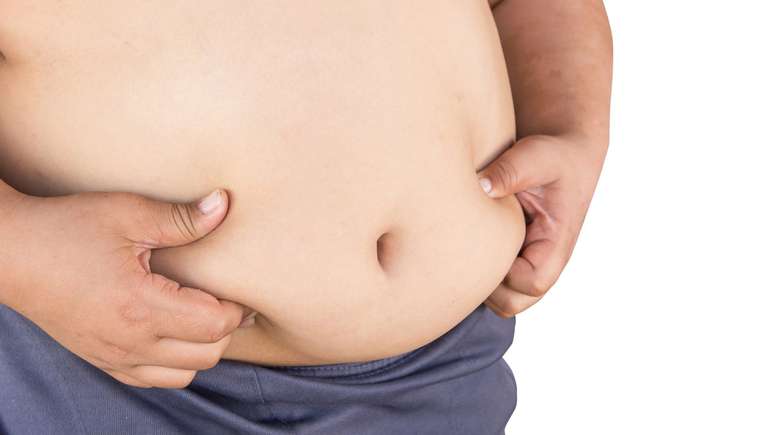The number puts Brazil among countries with the highest prevalence of childhood obesity in the world, a problem that already affects about 224 million school children across the planet, according to international estimates
Every seven Brazilian children under five years of age, one is overweight or obese. The data, disclosed by Ministry of HealthIt reveals that 14.2% of children in this age group lives with a certain degree of overweight. This value is more than double the global average, which is 5.6%. Therefore, the number puts the Brazil Among the countries with the highest prevalence of childhood obesity in the world. And this problem already affects about 224 million school children throughout the planet, according to international estimates.
An increasingly ultra -overweight and overweight.
The obesity of children is underlined as one of the major challenges of pediatric public health today. And the eating habits adopted in the early years of life play a central role in this scenario. Also, second National Health Survey (PNS), performed by IBGE, over 60% of Brazilian children up to two years already consumes foods such as biscuits, crackers and cakes and 32.3% of them drink often soda and artificial juices.
These foods are rich in sugar, fats and chemical additives and are directly associated with the increase in body weight. Added to this, Dr. André Augusto PintoDigestive surgeon, the children’s lifestyle has changed drastically in recent decades: fast and industrialized meals have replaced the food produced at home, while the outdoor game time has given way to long hours in front of the screens.
Prevention begins at home, with simple choices
Dr. André warns that while the treatment of childhood obesity requires a follow -up medical and significant changes in the family routine, experts warn that prevention is still the best strategy and can start with simple attitudes in everyday life:
- Balanced food: Cut excess sugar, salt and fat, avoid ultra -elaborate products and include fruit, vegetables and thin proteins in meals. Cooking with their children is also a way to teach them how to eat better.
- Physical activity: Encourages movements, especially on weekends, with excursions, outdoor games or bike races. The ideal is to limit time in front of TV, video games and cell phones.
- Adequate hydration: Drinking water throughout the day and reducing the consumption of industrialized juices and soda, which offer a large amount of nutritional sugar.
- Healthy sleep routine: Small sleep nights interfere with the metabolism and favor weight gain. Establishing regular sleep times and avoiding electronic stimuli before bedtime are effective measures.
Collective responsibility
Children’s obesity is not just an aesthetic or punctual problem. It carries immediate and future health risks as a greater propensity for cardiovascular diseases, type 2 diabetes, hypertension and even emotional disorders such as low self -esteem and depression.
The fight against obesity begins at home, but also requires coherent public policies, access to information, encouraging healthy diet in schools and countryside that promote the well -being of children.
Give the alarming data, the surgeon explains that the message is clear: “The acting is now essential to guarantee a healthier future for the next generations”.
Source: Terra
Ben Stock is a lifestyle journalist and author at Gossipify. He writes about topics such as health, wellness, travel, food and home decor. He provides practical advice and inspiration to improve well-being, keeps readers up to date with latest lifestyle news and trends, known for his engaging writing style, in-depth analysis and unique perspectives.





![Tomorrow belongs to us in advance: Bart looked at us! [SPOILERS] Tomorrow belongs to us in advance: Bart looked at us! [SPOILERS]](https://fr.web.img5.acsta.net/img/af/35/af359d527d6d271621ed2b01f9443f9a.jpg)

![UN SI Grand Soleil in advance: Ludo trap … What awaits you on the week of October 13, 2025 [SPOILERS] UN SI Grand Soleil in advance: Ludo trap … What awaits you on the week of October 13, 2025 [SPOILERS]](https://fr.web.img6.acsta.net/img/7b/c9/7bc95a441d5f495ce3a7f05cbfbc580e.jpg)
